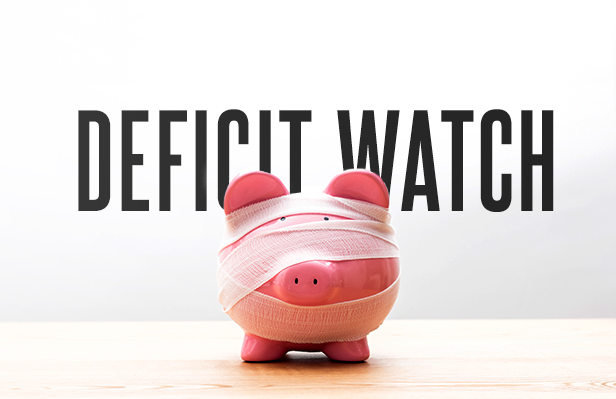Media

Pennsylvania Deficit Watch: May 2017
Pennsylvania’s financial problems continue to mount. April’s revenue collections were well below the Department of Revenue’s official estimate, which means the state’s deficit will likely be larger than expected.
According to the department, revenues were $537.1 million less than anticipated, putting total collections approximately $1.2 billion below estimate. Revenue collections have now underperformed in 9 of the last 10 months.
The Independent Fiscal Office suggests the poor revenue performance is the product of tax mitigation efforts and a weak economy. The latter is a persistent problem and the consequence of policy missteps that span decades. Harrisburg’s tax-and-spend approach has stymied economic growth and generated significant budget challenges.
If lawmakers want to increase revenues, they must start with growing the economy. The tax hikes passed last year didn't help this long-term problem, and the job-killing tax hikes Gov. Wolf has proposed will only make our economy worse.
This is why redesigning state government is essential to Pennsylvania’s turnaround. If policymakers can adopt long-term spending reforms, they can hold the line on or even cut taxes for businesses and families. These policies will help jumpstart the economy and boost revenue collections in the process.
Nibbling around the edges is no longer an option. Targeted tax increases and watered-down reform measures like liquor modernization haven’t solved our budget challenges. They’ve only caused more harm and headaches. Gov. Wolf’s $1 billion in tax increases will meet the same fate. Growing government at the expense of taxpayers doesn’t work.
The House opted to move away from this approach last month with their own budget proposal. The plan is a good start, but it will require changes to reflect recent revenue developments. The Senate can build on the House budget by adopting stronger fiscal reforms to accelerate the move toward sustainable budgets and robust economic growth.
The choice is clear: Policymakers can recreate the mistakes of the past or embrace changes that put Pennsylvania on a path to prosperity.